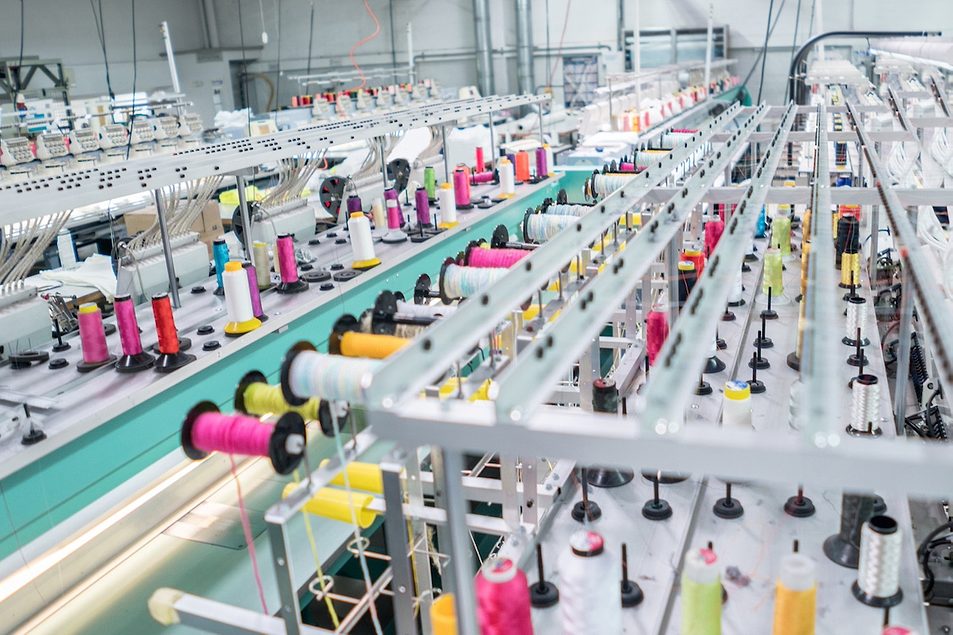
Sustainability legislation across the world, and particularly in Europe, is changing rapidly.
Earlier this year, the European Commission published an “Omnibus” package that could lead to significant changes to key EU laws concerning sustainability reporting, diligence, supply chain requirements and trade. Apparel brands must recognize that supply chain traceability has become a strategic imperative. Brands that invest in strong traceability systems will be better equipped to navigate regulatory shifts, mitigate risks, remain competitive and build long-term resilience and trust with consumers and suppliers.
The Omnibus package suggests substantial modifications to the Corporate Sustainability Due Diligence Directive (CSDDD) and Corporate Sustainability Reporting Directive (CSRD). Its goal is to reduce the administrative burden on businesses, especially small and medium-sized enterprises, by simplifying reporting requirements and clarifying specific regulations. For those in the apparel industry, where intricate global supply chains and increasing compliance costs are standard, a loosening of regulations and reduction of red tape is understandably appealing.
These developments sit alongside recent changes brought about by the Trump Administration, which might seem to indicate that environmental, social and governance (ESG) legislation is going to continue to decline. But this is likely just wishful thinking. The CSDDD, even in its revised form, underscores the EU’s commitment to embedding sustainability into corporate governance. It requires companies to identify, prevent and mitigate adverse impacts on their operations and supply chains. Similarly, the CSRD expands the scope and depth of sustainability reporting, demanding greater transparency and accountability.
These regulations are not isolated. They’re part of a global trend toward mandatory due diligence and disclosure. Countries such as Germany and France have already enacted compulsory human rights legislation, including the EU’s Forced Labour Ban and the Ecodesign for Sustainable Products Regulation (ESPR), which continue to require rigorous supply chain transparency.
Meanwhile, consumer and investor expectations around sustainability, ethics and accountability remain high, and are increasingly influencing market dynamics. Take fashion, one of the most polluting industries, responsible for 8% to 10% of global emissions. According to a survey by McKinsey, 67% of consumers consider the use of sustainable materials an essential factor when purchasing.
Companies that prioritize transparency and traceability throughout their supply chains can be more agile, better adapt to change and identify bad practices — all of which helps build trust among customers and stakeholders. This is especially true in the apparel sector, where supply chains often span multiple countries and involve numerous parties. Traceability helps brands ensure that materials such as cotton do not originate from regions linked to forced or child labor, that water consumption and toxic pesticide use remain minimal, and that workers are treated fairly and paid a decent living wage.
While this has traditionally been a tough ask due to the complexity of global supply chains there are an increasing number of tools that can help. New platforms help brands track raw materials and products through identifiers such as holograms on cotton bales, and QR codes for farmers. The technology can also capture the application of unique DNA-based markers.
Traceability also provides strategic advantages. It improves operational efficiency, promotes ethical sourcing and enhances brand reputation. The most effective strategy is to collaborate directly with farmers, ginners and suppliers in key cotton-producing regions such as India, Pakistan, Bangladesh, Turkey and Egypt. Such relationships enable the tracing of garments from Tier 1 suppliers all the way back to the farm.
Regulatory changes may offer temporary relief, but the direction of travel is clear: greater transparency, accountability and sustainability. Brands that wait for mandates risk falling behind. Traceability isn’t just about compliance; it’s about building resilient, ethical and future-ready supply chains. Genuine supply chain transparency is possible. It’s how the fashion sector can be transformed to inspire more sustainable and transparent practices across the board.
Prakash Philip is global director of strategy and impact at CottonConnect.